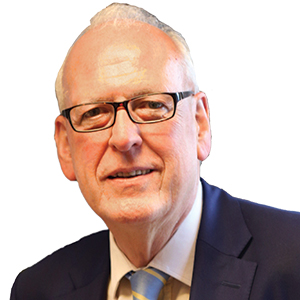We are living through the most heavily freighted general election of modern times, with several weighty and overlapping questions bearing down upon it.
It will, of course, be remembered as the Euro election – for the party competition about the nature of Brexit and the future relations of Britain with the European Union, all of which morphs into the wider Britain’s-place-in-the-world question.
The very configuration and make-up of the United Kingdom is also in play, with the Scottish question running through the pursuit of seats north of the border, even though the last referendum on independence is but two-and-a-half years behind us. By the time of the 2022 general, election we could be a much diminished nation, out of the European Union and shorn of Scotland.
In that event, a political nation consisting of England, Wales and Northern Ireland would be hard put to provide a plausible centre-Left alternative government, or to place a programme before the electorate, even if Labour could somehow emerge healed and growing in strength out of its current period of intense self-harm. For the survival of the standard model of UK politics is also in play in the 2017 general election – it is a model that does not fly without the jostling between liberal capitalism and social democracy that, so far, has been the essential nature of all our general elections since 1945.
04 May 2017, The Tablet
A general election, like quantum physics, is a thing of waves and particles
Get Instant Access
Continue Reading
Register for free to read this article in full
Subscribe for unlimited access
From just £30 quarterly
Complete access to all Tablet website content including all premium content.
The full weekly edition in print and digital including our 179 years archive.
PDF version to view on iPad, iPhone or computer.
Already a subscriber? Login




